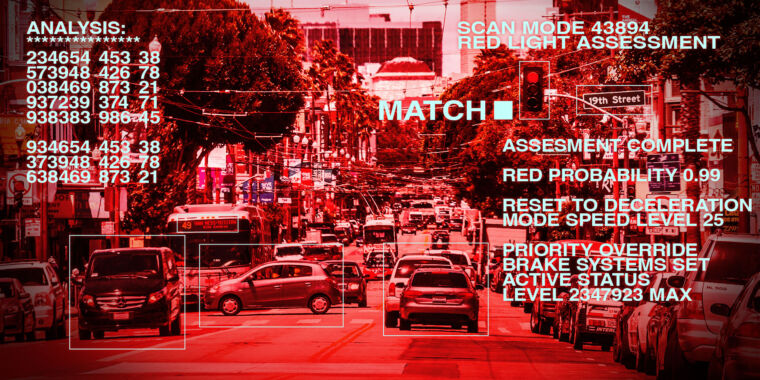The fact that self driving cars exist is an admission that driving a car can really suck. Navigating busy suburbs and cities in a car is a stressful experience, especially when people are commuting to or from work.
I don’t think cars should be completely eliminated, as they have their place, but the existence of self driving cars is strong evidence of the insanity of the car being the only feasible way to get around some parts of the world.



Personally I don’t get the appeal of self driving cars maybe that’s because I enjoy driving manuals but in terms of making a city efficient you want ways to get around without a car in the first place with transportation like trains or bikes or just walking and for those who live in the middle of nowhere and in the future are going to be the last people to drive cars to get around those folks tend to be car guys and car guys like to be in control of the car hence why a lot of them drive stick shift when automatic exists all around if we as a society evolve in a utopian direction self driving cars are a solution without a problem to fix not to mention how many of the corpos that are likely to make these cars they are most sertanly going to put some sort of spy ware that a few will get up into arms about
I couldn’t agree more.
In terms of how it can form part of a transport network, demand responsive transport could (and maybe should) form a part of our future infrastructure.
For cities in particular, there is major demand for radial trips (i.e. trips to and from the centre). However, there is much lower demand for trips between suburbs (e.g. to and from the supermarket). If we want to eliminate the need for car ownership, we either need to eliminate suburbs as a concept (not likely), or make these trips able to be made by publically owned transport. Buses aren’t worth running in these cases because demand is so low and irregular.
Here’s where demand responsive transport comes in. Have a fleet of publicly owned self-driving cars that people can book trips on. They get a lift with these to and from the shops/library/friend’s house, and they no longer need to own a car.
Other example: at the other end of a long train journey to a rural area. You have a fleet of self driving cars based at the station, which solely do trips to/from the station.
Good point but from what I understand about suburbs is that they are awfully designed with roads that connect and bend for no reason resulting in situations where it takes 2 minutes to walk to your left next door nabor and a 30 minute drive to visit your next door nabor on the other side of your house all because the road just ends but there’s more suburb beyond if we just made them grids suddenly it takes a lot more acors to make a suburbs bikeable we could probably make them walkable by ditching the single house per block and just use multi story apartment buildings I’m not even trying to defend suburbs I’d be more than extatic to have them torn down and made into normal cities or better yet actual countryside that they originally bulldozed to build them in the first place I’ve seen a plenty of beloved farm land that used to be grased upon by adorable cows and sheep get flattend and drained just to make a waste of space
You are correct about suburbia. There are also typically no sidewalks and minimal shoulders, so even if you live within walking or biking distance of places, it is dangerous to not drive there.
In the US, some of this stems from racism. I don’t feel like getting into the history of it, but if you are interested, red lining, restrictive covenants, and using the cost of car dependency as a racial filter are good starters. Basically, the US suburb situation came about partially due to racism, and partially due to hostile takeover of transportation infrastructure and PR campaigns by corporations.